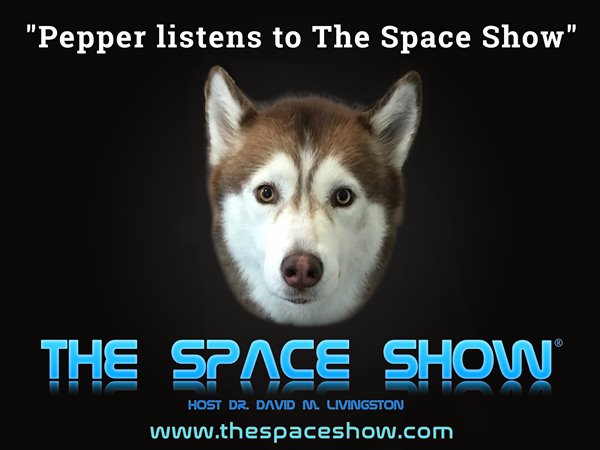
Dr. Criswell joined TRW-Houston in the 1968 after graduating from Rice University. Under the direction of the operations manager, he worked in the five departments supporting the Apollo missions and in advanced planning for post Apollo programs. In 1970 he took an educational leave from TRW and became a visiting scientist and then a staff scientist at the Lunar & Planetary Science Institute adjacent to the NASA-Johnson Space Center. He directed the only 1970s NASA program on the conversion of lunar soils to engineering materials. In 1980 Dr. Criswell accepted a research position with the University of California in the newly formed California Space Institute (Cal Space). He formulation local and state-wide Cal Space research programs, acquired NASA and private research funds, and directed high-level programs reviews for NASA and Congress of automation and robotics for the space station, uses of the shuttle external tanks, and others. Between 1982 and 1990 Dr. Criswell consulted to 11 corporations, Los Alamos National Laboratory, the National Research Council, fourteen universities, NASA, the Office of Technology Assessment, and Universities Space Research Association. In August 1990 Dr. Criswell returned to Texas and joined the University of Houston as ISSO director. The primary focus of ISSO is creating graduate and post-graduate programs between NASA-Johnson Space Center, the University of Houston, University of Houston Clear Lake, and other Texas organizations. The program focuses on the exploration and development of space and high-technology operations. In 1995 ISSO established the Post-Doctoral Aerospace Fellowship program between UH/UHCL and the NASA-Johnson Space Center. The over 200 ISSO research projects are described on the web (http://www.uh.edu/isso/). Dr. Criswell is an Associate Director of the Texas Space Grant Consortium. TSGC represents 28 Texas Universities, over a dozen companies, and five Texas agencies. Its purpose is to establish a Texas-wide system of higher education for aerospace related studies and research. Dr. Criswell’s primary research interests include ion discharge (MS thesis), auroral physics (sounding rockets and small satellite instrumentation), plasma waves in the magnetosphere (PhD dissertation), interactions of the sun and solar wind with the Moon and asteroids, lunar dust motion, lunar surface seismology, industrial processing of lunar materials, cis-lunar industrialization, space and lunar commercial solar power systems, space station automation and robotics, space transportation (Earth-to-orbit, in space, Moon-to-orbit), and the physical basis of the creation of new wealth in the emerging two-planet (Earth-Moon) economy.





















Recent Comments